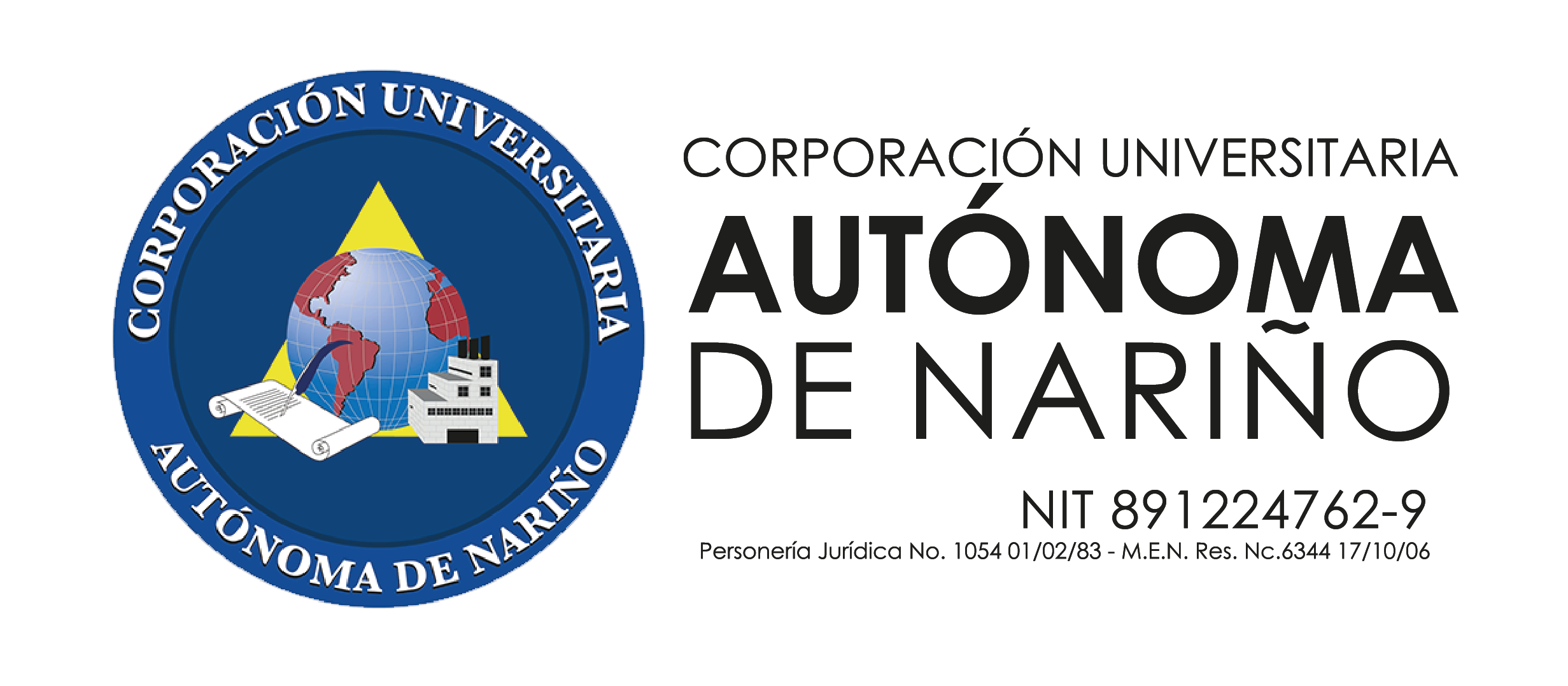Nicomedes Zuloaga Mosquera
Criticism of representative democracy from a liberal perspective, 1958-1998
DOI:
https://doi.org/10.47666/6.2.1Keywords:
Venezuela, political economy, liberalism, descentralizationAbstract
Nicomedes Zuloaga Mosquera recognizes that representative democracy worked at the political level. However, he harshly questions the economic performance of the regime. Zuloaga Mosquera analyzes the Venezuelan economy from the sixties onwards and the first criticism he makes is that economic growth was lower than the decade of 1948-1958. He criticizes the exaggerated increase in bureaucracy, public spending and the businessman-state that owns companies that are always losing money. He attacks the policy of “Post-import substitution industrialization.” The government entity must protect nascent industries in a moderate manner, but then must allow them to develop in the sense of competing in the international market so that the country obtains hard currencies other than those obtained from oil exploitation. Doing the opposite, practicing exaggerated protectionism, is detrimental to a healthy economy and consumers. Zuloaga Mosquera denounces excessive statism, among other reasons, because a huge State is a danger to freedom. Supports the personalization of voting and decentralization and the building of an efficient State. The exhaustion of greenhouse industrialization, oil rentism and corrupt and inefficient management of resources from hydrocarbon exploitation and the failure to carry out political reforms led to economic collapse and the loss of the democratic system.
Downloads
References
Aveledo, G. (2014). La segunda república liberal democrática, 1959-1998. Caracas: Fundación Rómulo Betancourt.
Banko, C. (2007). Industrialización y políticas económicas en Venezuela. Cuadernos PROLAM 1(6), 129-147.
Boulton, A. (1968). Los institutos autónomos y las empresas del Estado. Caracas: Asociación Venezolana de Ejecutivos.
Curraño Conde, E. (2002). Desarrollo político y democratización de la gestión pública: el proceso de la reforma del Estado en Venezuela (período 1984-1999). Opción 18(39), 102-125.
De Corso, G. (1995). Empresarios, política y economía: un ensayo sobre la crisis venezolana, 1978-1995. Caracas: Universidad Central de Venezuela, Facultad de Ciencias Económicas y Sociales.
García González, A. (2007). La política económica del Estado Venezolano: 1945-1970. Mañongo, XV (29), 357-370.
Gómez, E. (1992). La Constitución de 1961 y la creación de una economía competitiva en Venezuela. Hacia una nueva Constitución. Caracas: CEDICE.
Guerrero, E. et. Herrera Orellana, L. (2018). La cultura política del fracaso: estatismo, socialdemocracia y los orígenes de la hecatombe republicana en Venezuela. Caracas. Editorial Galipán.
Krygier, A. (2010). Cultura Corporativa y Desarrollo Empresarial. Caracas: La Galaxia, La Galera.
Lora, E. (2007). La reforma del Estado en América Latina: una revolución silenciosa. El estado de las reformas del Estado en América Latina. Washington, Banco Mundial; Mayol Ediciones S.A., 1-64.
Lucas. G. (2006). Industrialización contemporánea en Venezuela: política industrial del Estado 1936-2000. Caracas: CONINDUSTRIA: Universidad Católica Andrés Bello.
Martínez Rangel, R. et. Soto, E. (2012). El Consenso de Washington: la instauración de las políticas neoliberales en América Latina. Política y Cultura. México, 35-69.
Mendoza, E. (1986). Ideario y Acción de un venezolano. Caracas: Fundación Eugenio Mendoza.
Palma, P. (1999). La economía venezolana en el quinquenio 1994-1998. De una a otra crisis. Nueva Economía. VIII (12), 97-158.
Palma, G.; Muñoz, O. et. French-Davis, R. (1997). Las economías latinoamericanas. Historia de América Latina. Vol. 11, 1993, pp. 83-61.
Pérez Dupuy, H. (1965) El mejor método de una economía liberal. Buenos Aires: Imprenta López.
Rangel, C. (1981) Del buen salvaje al buen revolucionario. Caracas: Monte Ávila Editores.
Rivas Aguilar, R. (2000). Estado y Desarrollo Capitalista en Venezuela (1941-1945). Mérida: Universidad de Los Andes.
Romero, A. (1987). La miseria del populismo. Mitos y realidades de la democracia en Venezuela. Caracas: Ediciones Centauro.
Ruiz Chataing, D. (2017). Visión de Venezuela en los escritos de Eugenio Mendoza Eugenio Mendoza Goiticoa: empresario y buen ciudadano. Caracas: Universidad Metropolitana, pp. 157-171.
Salmorán Millán, G. (2021). Populismo. Historia y Geografía de un concepto. México: Universidad Nacional Autónoma de México; Instituto de Investigaciones Jurídicas.
Sánchez-Covisa, J. (1968). La evolución económica de Venezuela de 1950 a 1967. Orientación Económica. (27), 16-30.
Silva Michelena, Héctor (1997). La crisis de los nuevos tiempos. (y una larga mirada a las políticas públicas 96-97). Historia Mínima de la Economía Venezolana. Caracas: Fundación de Los Trabajadores de Lagoven, 1997, pp. 143-198.
Stambouli, A. (2020). Siglo XX venezolano. Concepción y desarrollo del Estado Moderno venezolano a lo largo del siglo XX. ProDavinci.com/concepción-y-desarrollo-del-estado-moderno-venezolano-a-lo-largo-del-siglo-XX/ 22 /11/2020
Terán Solano, D. (2022). Venezuela, 1958-1978: Dos décadas excepcionales en nuestra historia. Un análisis de los veinte primeros años de la democracia representativa Tiempo y Espacio. XL (77), 89-120.
Torres, G. (1995). Entre la realidad y la utopía ¿qué debe hacer el Estado?.Caracas. Instituto de Estudios Superiores de Administración (IESA).
Villasmil Bond, R. (2005). Lecciones aprendidas de política económica en Venezuela 1936-2005. Caracas: Instituto Latinoamericano de Investigaciones Sociales, ILDIS.
Zuloaga Mosquera, N. (2001) Política en pretérito.40 años de oposición ideológica. Caracas: Panapo.








